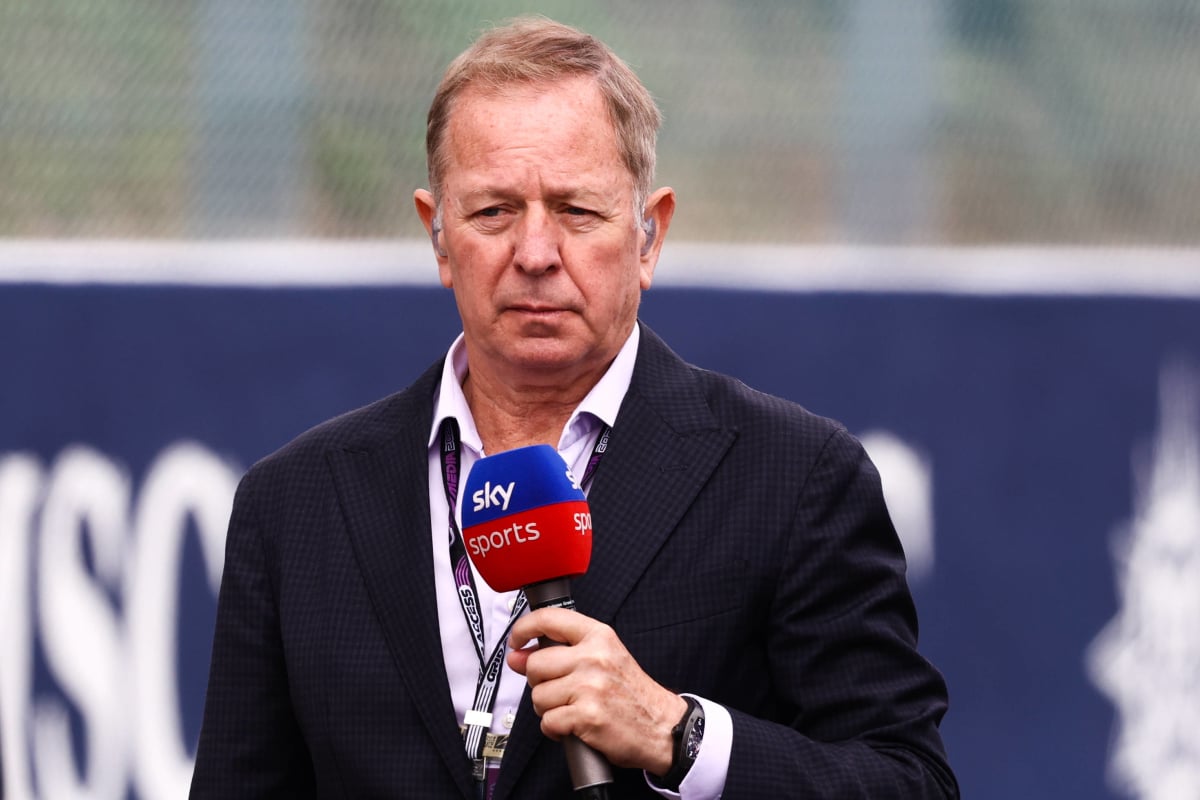F1 legend Martin Brundle issues passionate response over F… read more
The Formula 1 world reacted with a mixture of surprise and support following the FIA’s decision to suspend veteran steward Derek Warwick from his duties at the Canadian Grand Prix. The suspension, announced by the FIA, stemmed from Warwick’s unauthorized media comments, a breach of the organization’s strict impartiality guidelines for its stewards. This incident follows the earlier dismissal of Johnny Herbert earlier this year, highlighting the FIA’s increasingly firm stance on stewards maintaining neutrality and avoiding public pronouncements on racing matters.
Warwick, a highly respected former Formula 1 driver himself, had provided quotes to a betting company following the Spanish Grand Prix. These quotes, which were subsequently disseminated to various media outlets, touched upon contentious on-track incidents involving Max Verstappen, George Russell, and speculated on Lewis Hamilton’s hypothetical move to Ferrari. While not overtly critical or biased, the comments were deemed a violation of the FIA’s rules prohibiting stewards from offering opinions or commentary to the press. The FIA’s statement was clear: the unauthorized comments necessitated Warwick’s temporary removal from his stewarding duties in Montreal.
The decision, however, sparked a wave of support for Warwick, particularly from within the Formula 1 community. His suspension prompted a passionate defense from his former Formula 1 rival and close friend, Martin Brundle. In a heartfelt social media post, Brundle lauded Warwick’s character and extensive contributions to motorsport, emphasizing his genuine nature and unwavering dedication to nurturing young racing talent. Brundle’s statement, a testament to Warwick’s reputation within the sport, served as a powerful counterpoint to the FIA’s disciplinary action.
The FIA’s actions were not intended as a permanent ban. The organization confirmed that Warwick had acknowledged his error and apologized for the ill-advised comments. Crucially, the FIA made it clear that the suspension was temporary; Warwick would resume his stewarding duties at the Austrian Grand Prix, signaling a willingness to allow reconciliation and a return to service after a period of reflection. This leniency suggests that the FIA viewed Warwick’s transgression as a lapse in judgment rather than a deliberate attempt to undermine the integrity of the sport.
Enrique Bernoldi filled Warwick’s place for the Canadian Grand Prix, officiating from the Remote Operations Centre in Geneva. This interim solution allowed the FIA to maintain the required level of stewarding expertise without jeopardizing the fairness of the race weekend. The seamless transition underscored the FIA’s well-established procedures for managing such situations and highlighted the depth of talent within its stewarding pool.
The controversy surrounding Warwick’s suspension highlights the delicate balance between the FIA’s need to maintain impartiality among its stewards and the inherent human element within the sport. While the rules are clear, the passionate nature of Formula 1 and the deep personal relationships that often form between drivers and officials inevitably create complexities. The outcome, a temporary suspension followed by a return to duty, suggests that the FIA aims to strike a balance between upholding its standards and recognizing the valuable contributions of experienced and respected figures such as Derek Warwick. The incident serves as a reminder of the significant responsibilities placed upon stewards and the importance of adhering strictly to the established guidelines to maintain the integrity and fairness of Formula 1 racing.




